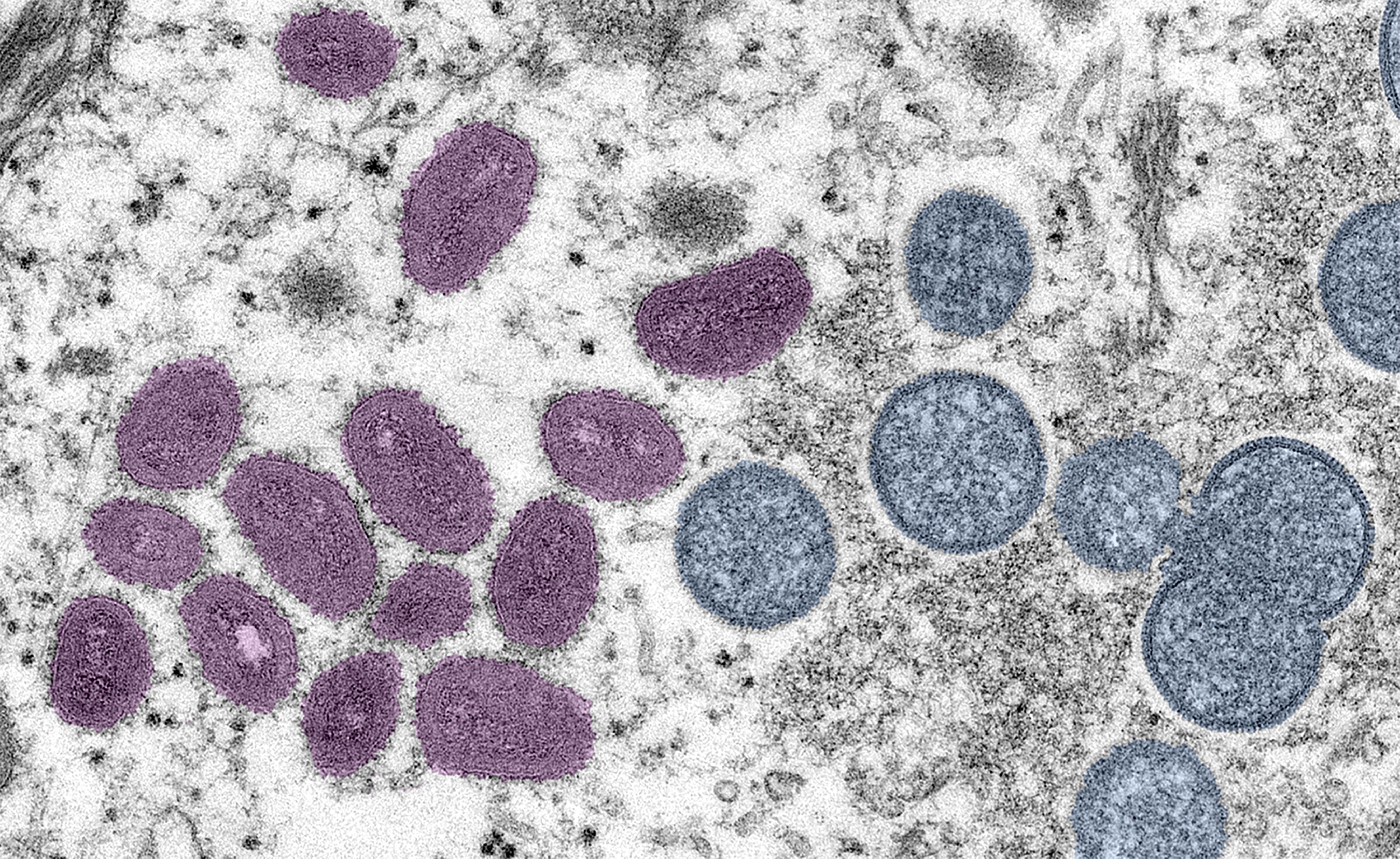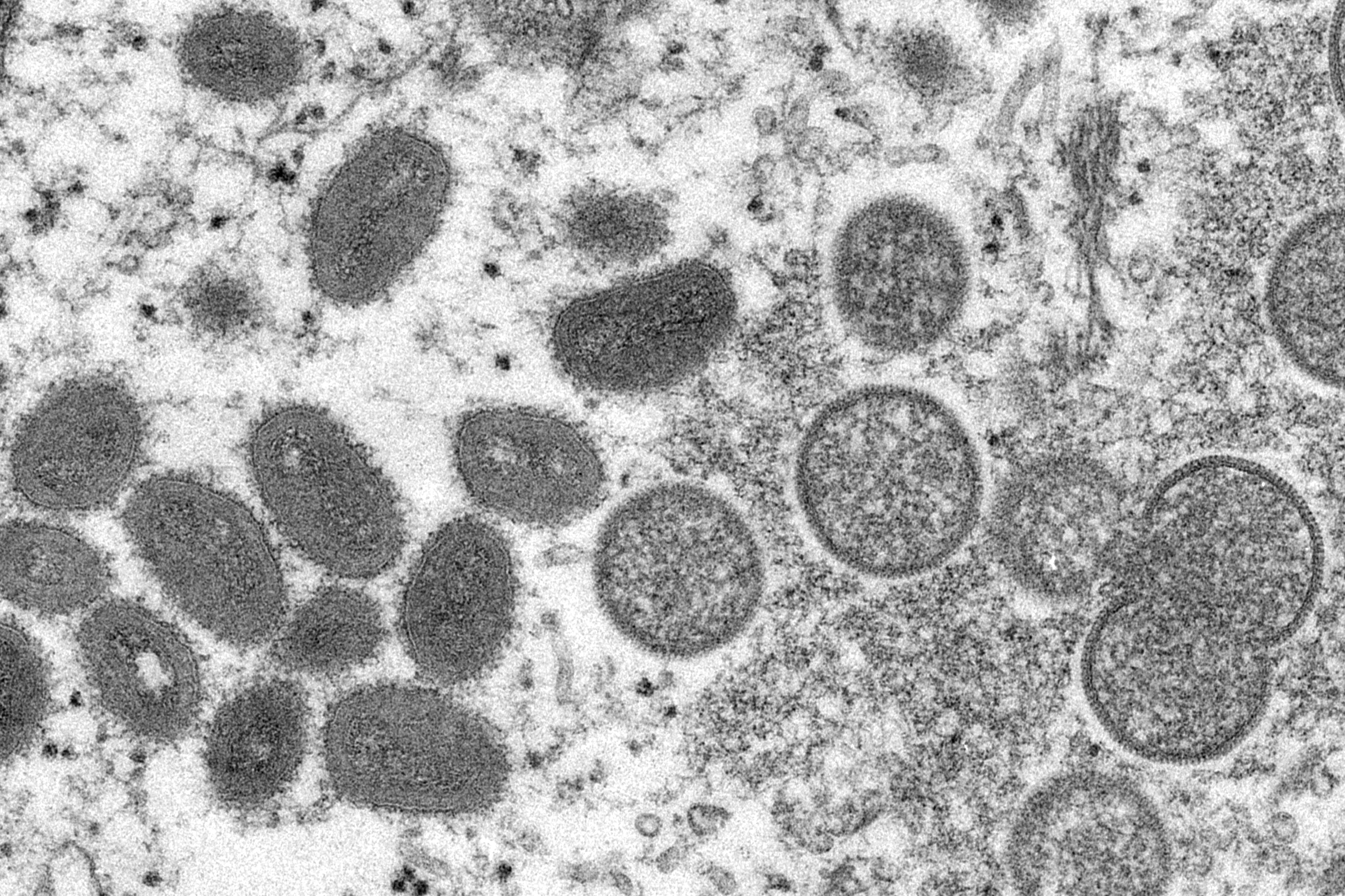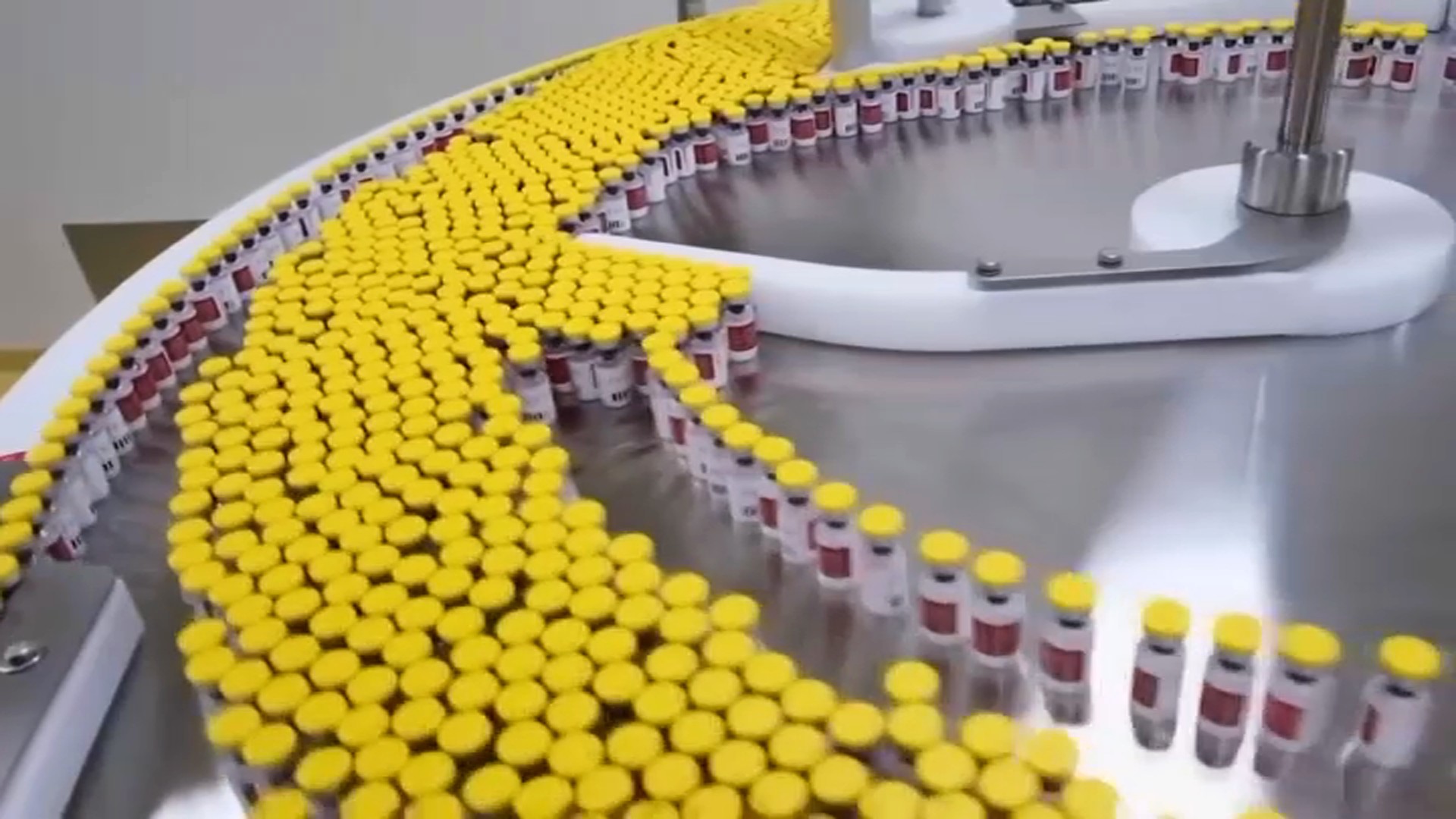Monkeypox cases continue to rise at an alarming rate across Chicago, and while public health officials are working to curb the spread, they're encountering challenges.
Illinois is among the five states with the most infections, according to the latest update from Centers for Disease Control and Prevention.
As of Friday, 230 cases were reported statewide, and a vast majority - 200 cases - were in Chicago. Most of those reported in the city are among men who have sex with other men - ages 22 to 66 years old.
Five percent of cases in the city have required hospitalization.
Feeling out of the loop? We'll catch you up on the Chicago news you need to know. Sign up for the weekly Chicago Catch-Up newsletter here.
"It’s nothing specific about being gay, bisexual or same gender loving men, but that is the network we’ve been initially seeing that spread," said Dr. Allison Arwady, commissioner of the Chicago Department of Public Health.
Currently, you are eligible for the two-dose vaccine if you have had close physical contact with a confirmed case or if you're a man who has had sex with another man and have done so in a social or sexual venue. Additionally, those who received money in exchange for sex or have had sex with anonymous partners are eligible.
However, vaccine doses aren't easy to come by.
Supply is extremely limited in Chicago, as only 5,400 doses are available across the city. More than 15,000 doses are soon expected from the federal government, along with another 2,600 from the state of Illinois.
Vaccine availability isn't the only issue.
“We are seeing some patients coming in at the end of their cycle and the rash has started to dry, it’s a scab, so it’s in the final stages," said David Ernesto Munar, president and CEO of Howard Brown Health. "We can’t test at that point."
Howard Brown Health and Rush University Medical Center are both stepping up outreach, trying to catch the disease early enough and vaccinate wherever possible.
"It may be an event that’s in the middle of the night," said Dr. Elizabeth Davis, Rush University Medical Center. "We want to take the vaccine where high risk people are all over the city."
Unsure if you should see a doctor? Flu-like symptoms, a fever, swollen lymph nodes and a rash are all signs you may want to do so.




